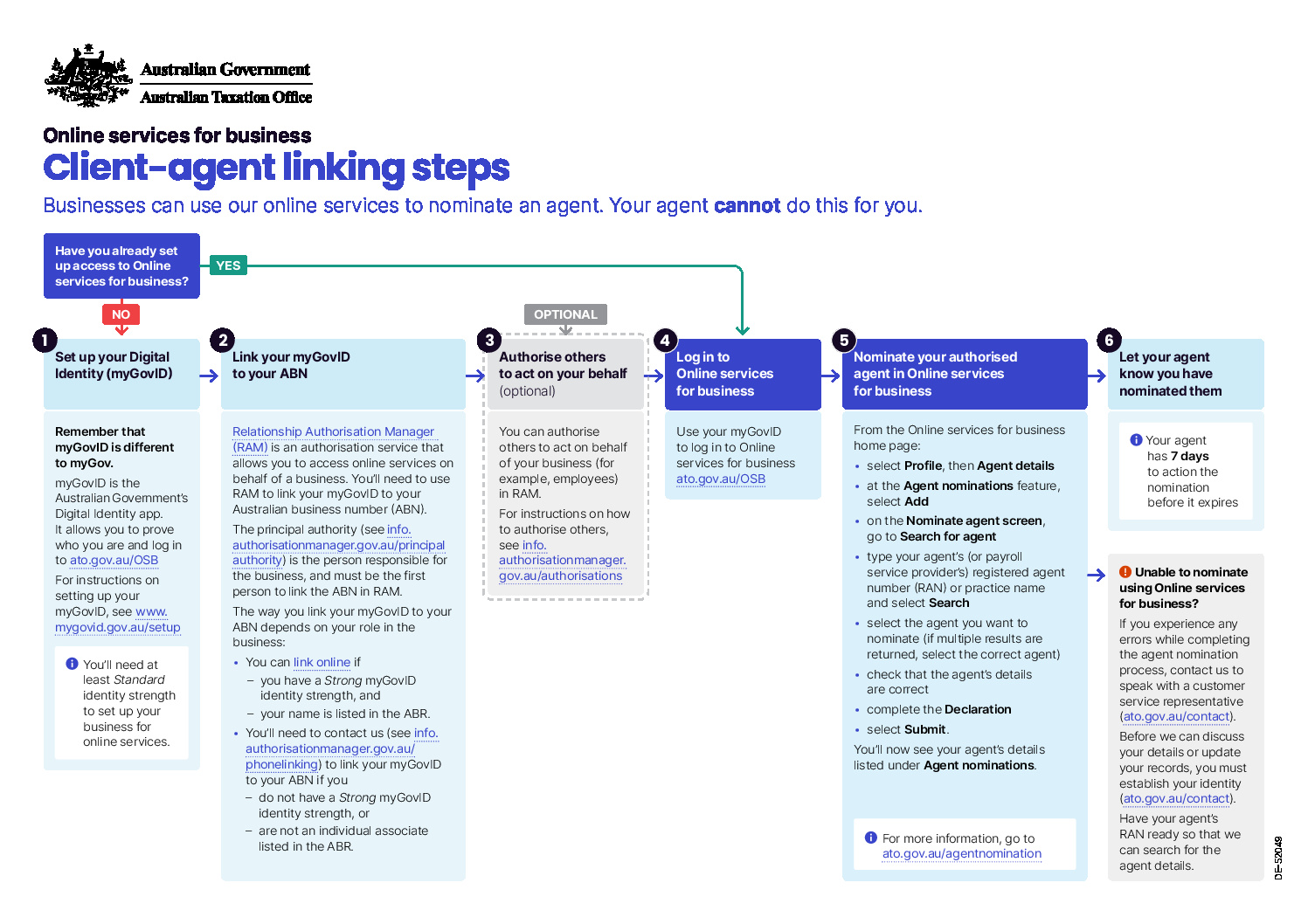From July 2017, any outstanding tax debts could have an impact on your business credit rating, as the Australian Taxation Office (ATO) will be allowed to disclose information to credit agencies.
The crackdown
This is central to an effort by the Government to recover the $19 billion of outstanding tax owed to the ATO. Small businesses, with earnings of less than $2 million, owe around two-thirds of this amount.
A credit rating note, which lasts five years, can affect the ability of a business to obtain finance from banks, secure suppliers, and access services such as equipment hire. For sole traders, personal credit ratings will also be at risk.
Central to the new regime, any tax debt over $10,000 that is at least 90 days overdue, will be reported to credit agencies.
Business who contacted the ATO before 30 June and put in place a payment plan will not be reported to credit agencies – the initiative is targeting those businesses that have not cooperated with the ATO.
Get out of debt
If you currently have any outstanding tax debt, it is essential that you contact the ATO to discuss your debt as soon as possible.
It’s best that you also address the underlying issues behind your tax debt, which will likely be related to your cash flow.
There are several steps to take control of your cash flow:
- Keep your net GST collected and any PAYG withheld from staff in a separate bank account;
- Have a procedure in place to chase up and keep on top of money owed to you;
- Review your pricing and costs to ensure you are making an acceptable profit;
- Have a budget and cash flow forecast in place;
We can help you and your business set up systems to aid with your cash flow monitoring. If you need assistance, please contact one of our team.













